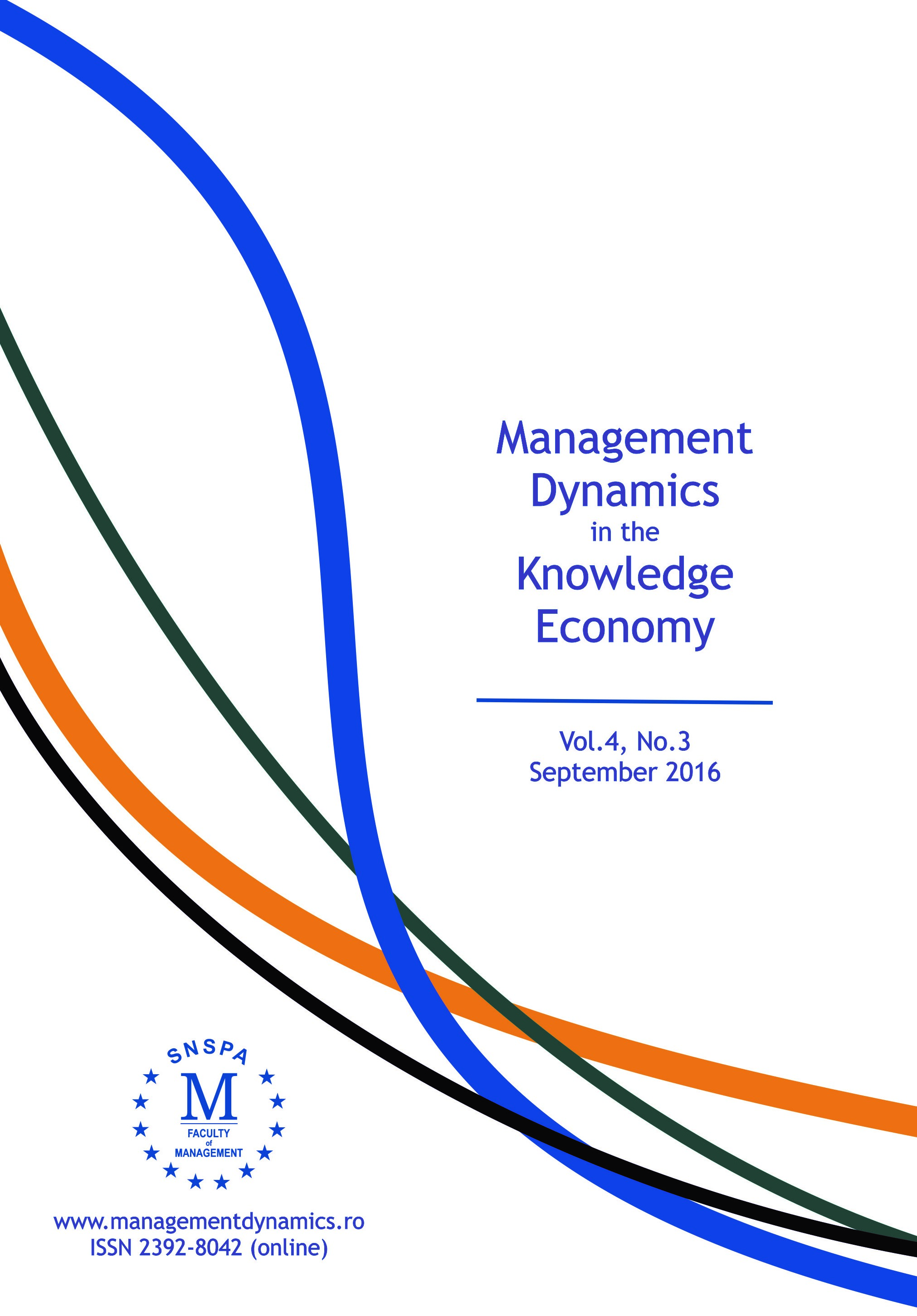The Development of the Future European Knowledge Workers. An Academic Perspective
The Development of the Future European Knowledge Workers. An Academic Perspective
Author(s): Ramona – Diana LeonSubject(s): Economy
Published by: Asociatia Romano-America a Managerilor de Proiect pentru Educatie si Cercetare
Keywords: knowledge workers;higher education;
Summary/Abstract: The research purpose was to determine whether the economics and business administration higher education institutions from the European Union members states are facilitating the development of the future knowledge workers or not. In order to achieve this goal, we employed an exploratory research and we combined a qualitative approach with a quantitative one. We focused on the common courses that are taught in the best European Union higher education institutions,according to the QS World University Rankings. We applied a content analysis to 267 syllabuses that belonged to 21 economics and business administration faculties. Then we employed a logistic regression in order to determine if the teaching methods, used during the bachelor studies, can predict the development of the future knowledge workers. The results have showed that the economics and business administration higher education institutions from the European Union member states tend to respond positively to companies’ necessity by developing almost 50% of the “ideal” knowledge worker profile. These findings have implications on both educational and managerial level. At the educational level, it reflects the vulnerable area of the educational process namely, skills development. It seems to be forgotten that education is more than just sharing explicit knowledge; it is about developing the current and the future citizens, building characters and stimulating the need for lifelong learning. At the managerial level, it brings forefront the deficiencies of the future human resources and it indicates the need for adapting the organizational culture and practices. What had been overlooked by the educational system may be complemented by an open organizational culture, an inspirational leadership and an effective coaching process.
Journal: Management Dynamics in the Knowledge Economy
- Issue Year: 4/2016
- Issue No: 3
- Page Range: 339-356
- Page Count: 18
- Language: English

